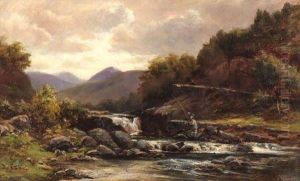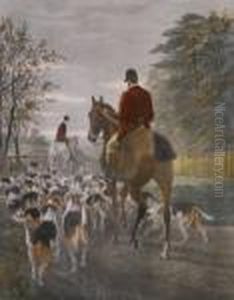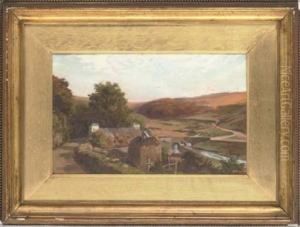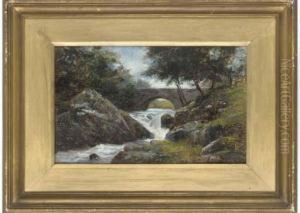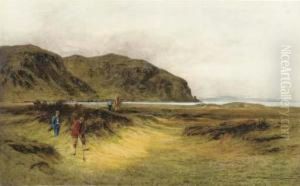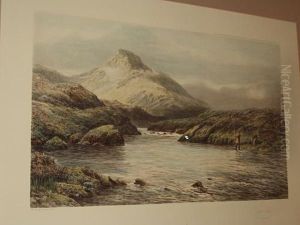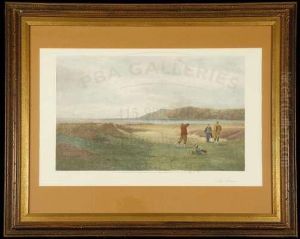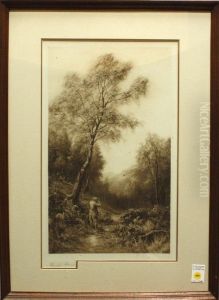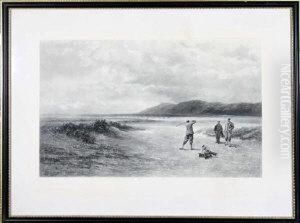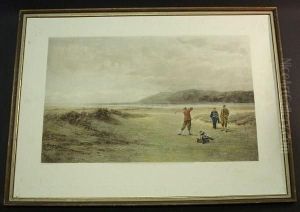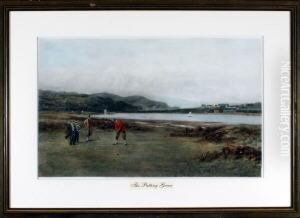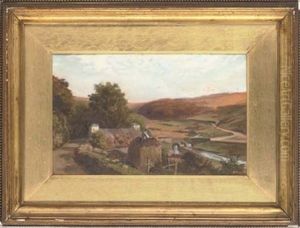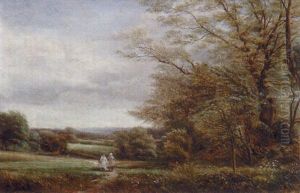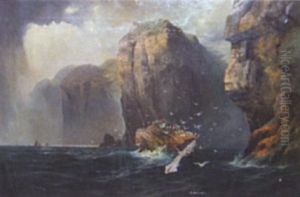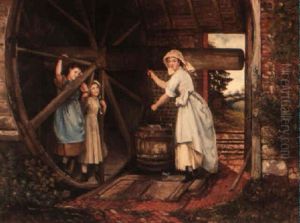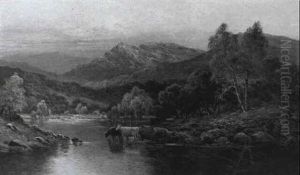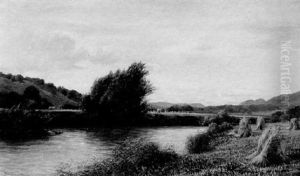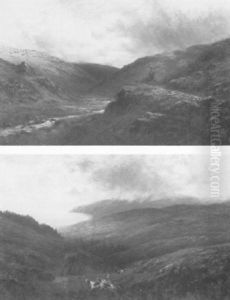Douglas Adams Paintings
Douglas Noel Adams was a British author, scriptwriter, essayist, humorist, satirist, and dramatist. Adams is best known for the 'The Hitchhiker's Guide to the Galaxy' series, which started in 1978 as a BBC radio comedy before developing into a 'trilogy' of five books that sold more than 15 million copies in his lifetime and generated a television series, several stage plays, comics, a computer game, and in 2005, a feature film. Adams's contribution to UK radio is commemorated in The Radio Academy's Hall of Fame. Adams was born in Cambridge, England, and educated at Brentwood School in Essex and St John's College, Cambridge, where he studied English literature. Before achieving success with 'The Hitchhiker's Guide to the Galaxy,' he worked as a bodyguard, a cleaner, and even as a chicken shed cleaner. His career took a turn for the better when he became a script editor for the BBC's 'Doctor Who' and contributed scripts to several episodes of the series during the late 1970s. Aside from his work in literature and television, Adams was an advocate for environmental conservation and a lover of technology, being one of the first people to buy a Macintosh computer in the UK. He incorporated these passions into his writing, notably in 'Last Chance to See,' where he journeys around the world to find endangered species. Adams was also known for his unique perspective on life and the universe, often incorporating complex scientific and philosophical ideas into his humorous works. Douglas Adams died unexpectedly of a heart attack on May 11, 2001, in Santa Barbara, California, at the age of 49. His death was a great loss to literature and science fiction, but his work continues to influence writers, filmmakers, and comedians around the world. Adams's ability to blend humor, science fiction, and deep philosophical questions has left a lasting legacy, ensuring his place as a beloved figure in British culture and beyond.
